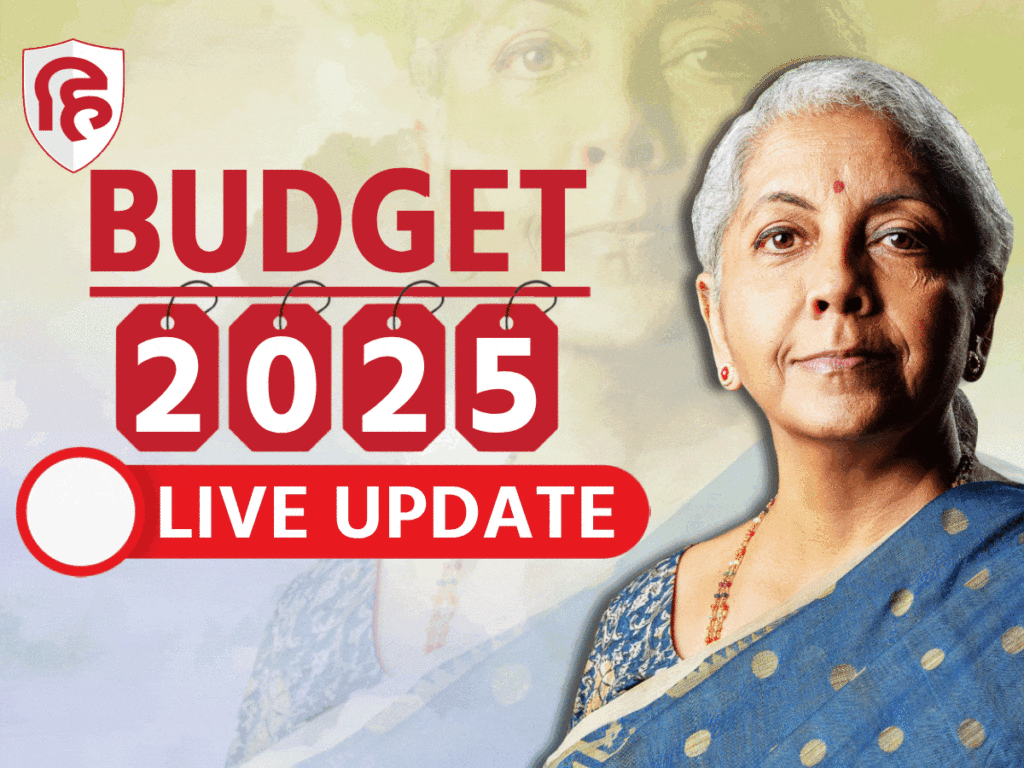Introduction
The Indian Union Budget for 2025, presented by Finance Minister Nirmala Sitharaman, has brought significant announcements that cater to various sectors, including agriculture, education, and infrastructure. Aimed at boosting the economy and providing relief to the middle-class citizens, the budget seeks to create a more balanced and robust economic framework for the country. This article explores key highlights and the implications of the budget on various segments of society.
Key Announcements
Agriculture Sector Initiatives
The budget lays out substantial provisions for the agriculture sector, aiming to enhance productivity and sustainability. Key initiatives include:
- Increased Funding: A significant increase in funding for agricultural research and development to encourage innovative farming technologies.
- Direct Benefit Transfer: Expansion of the Direct Benefit Transfer scheme to ensure that farmers receive timely financial support.
- Crop Insurance Schemes: Enhanced coverage and better terms for farmers to protect against crop failures due to natural calamities.
Education Reforms
The education sector has also received a boost with several reforms aimed at improving quality and accessibility:
- Skill Development Programs: Introduction of skill development programs in collaboration with tech companies to prepare students for future job markets.
- Infrastructure Development: Allocation of funds for upgrading school facilities and digital classrooms, particularly in rural areas.
- Higher Education Scholarships: Increased scholarship opportunities for underprivileged students to promote higher education enrollment.
Infrastructure Development
Infrastructure continues to be a top priority in the 2025 budget, with key announcements including:
- Transportation Projects: Extension of railway and road networks to enhance connectivity and support economic growth.
- Smart Cities Initiative: Expansion of the Smart Cities initiative to improve urban living standards and sustainability.
- Green Energy Investments: Investment in renewable energy projects to promote sustainable development and combat climate change.
Relief for the Middle Class
One of the most popular announcements in this budget is the significant tax relief for the middle class. Finance Minister Nirmala Sitharaman stated that individuals earning up to ₹12 lakh will not incur any tax burden, offering much-needed financial relief to the working population. This change is expected to increase disposable income and stimulate consumer spending, further enhancing economic growth.
Conclusion
The 2025 budget presented by Finance Minister Nirmala Sitharaman outlines a progressive path for India, focusing on vital sectors such as agriculture, education, and infrastructure while providing substantial relief for the middle class. These initiatives mark a critical step towards a more inclusive economy, ensuring that growth benefits a wider segment of the population. The emphasis on sustainable practices and skill development indicates a forward-thinking approach, positioning India for a prosperous future.
